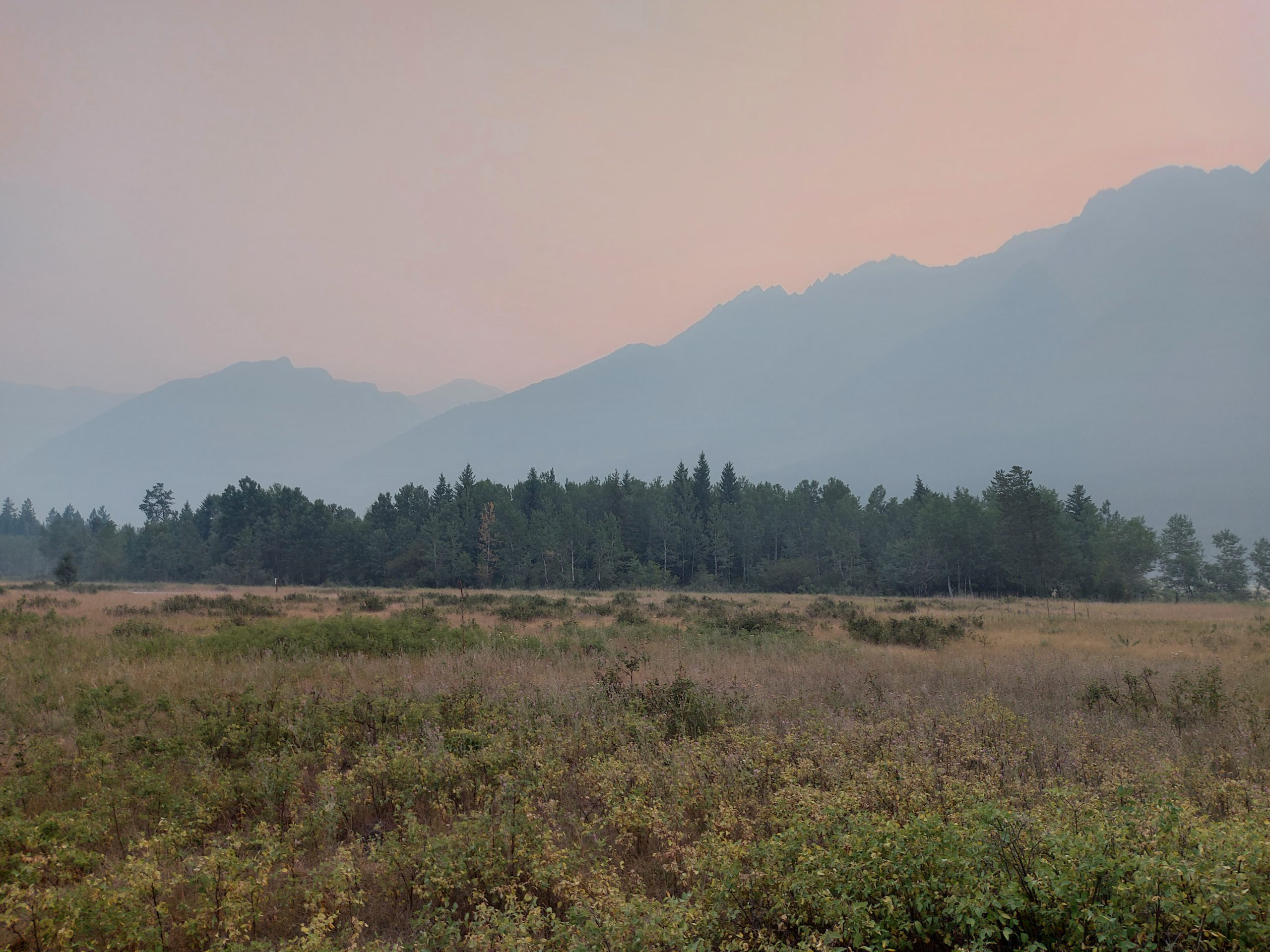As wildfires burn across the province, an Interior Health Doctor warns of the risks of breathing in too much smoke and how to avoid it.
Medical Officer of Health Dr. Fatemeh Sabet said smoke inhalation comes with both short and long-term impacts on your health.
“Some of the short-term effects can be local irritation like sore throat, eye irritation, runny nose, a mild cough and phlegm, sometimes you can get wheezy breathing and a headache,” explained Dr. Sabet. “Long term effects of exposure to air pollution can include new and worsening heart and lung conditions.”
The effects of short-term smoke exposure can overlap with COVID-19 symptoms. The self-assessment tool and COVID-19 testing is available if you are unsure what is causing your symptoms.
According to Dr. Sabet, treating the short-term impacts can be as simple as moving into an area with better air quality. However, the long-term impacts of smoke inhalation are significantly harder to treat.
“With long-term effects, we need to rely on prevention, so try to avoid smoke as much as possible,” said Sabet.
As of Monday, the East Kootenay area is reporting the lowest air quality in the province, with a rating of 10+ on the B.C. Government’s Air Quality Health Index. That said the air quality is expected to improve throughout the week thanks to rain in the local forecast.
More: B.C. Air Quality Health Index (B.C. Government)
Dr. Sabet said there is a number of ways residents can avoid breathing in too much wildfire smoke.
“Take it easy on smoky days, the days when air quality is not good, because the harder you breathe the more smoke you inhale. Try to stay indoors and keep windows closed, change your air filters or use a portable air filter,” explained Sabet. “If you need to be outdoors for work or another reason, you should use an N95 mask.”
Sabet added that those with underlying health conditions, such as asthma, need to take extra precautions when air quality is low.




